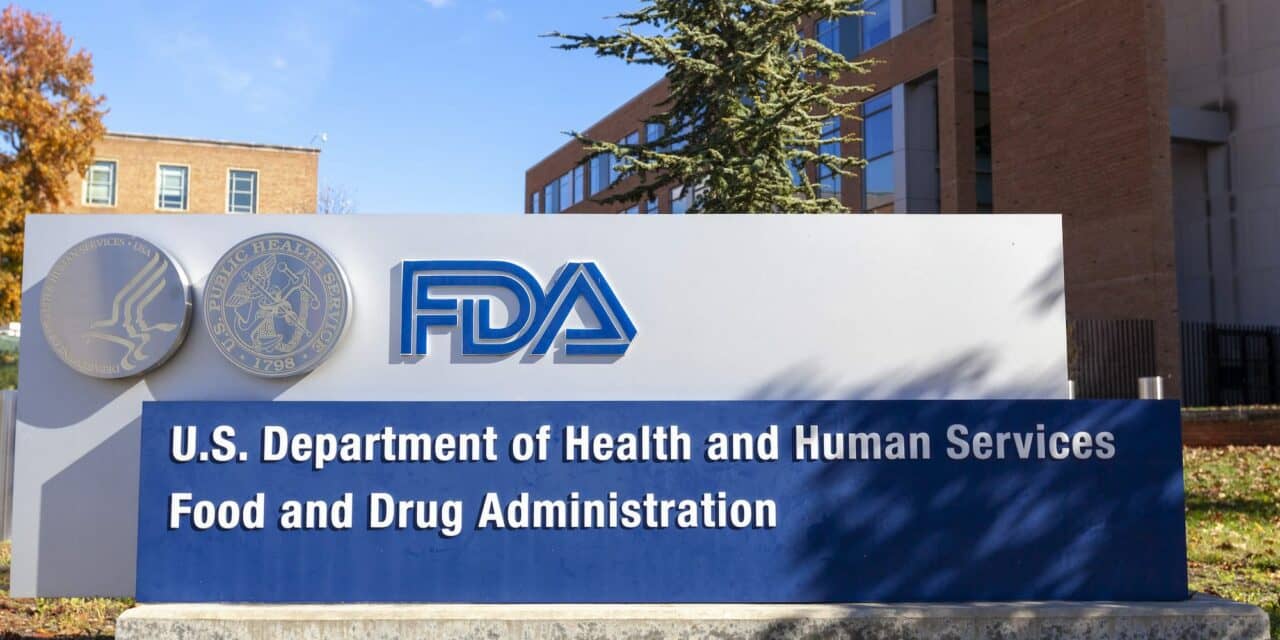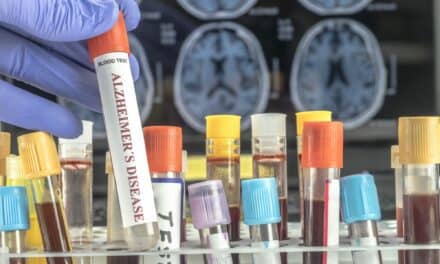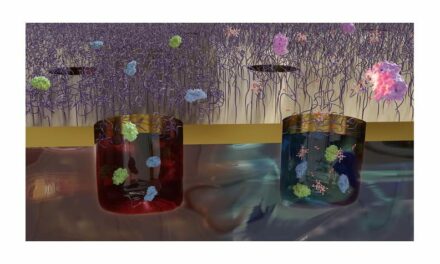Summary: The FDA has issued a Letter of Support endorsing the use of Amprion’s alpha-synuclein (α-syn) seed amplification assay (synSAA) for research and clinical trials to aid in the early detection of neurodegenerative diseases like Parkinson’s and Alzheimer’s.
Takeaways:
- The FDA’s support highlights the importance of synSAA in improving clinical trial efficiency and patient selection for neurodegenerative disease therapies.
- Amprion’s synSAA test has demonstrated over 95% sensitivity and specificity for detecting synucleinopathies, validated by multiple peer-reviewed studies.
- Amprion continues to collaborate with industry leaders, aiming to expand its synSAA testing availability to the EU by 2025.
Amprion, a company advancing diagnosis of neurodegenerative disorders through seed amplification testing, commends the U.S. Food & Drug Administration’s (FDA) move to issue a Letter of Support recommending the use of the alpha-synuclein (α-syn) seed amplification assay (synSAA) for research and clinical trials.
Alpha-Synuclein Seed Amplification Assay
Requested by non-profit Critical Path Institute and its Parkinson’s disease consortium, the letter of support encourages the use synSAA in human cerebrospinal fluid (CSF) samples to improve the development and efficiency of clinical trials (i.e., for patient selection) that target early intervention for neurodegenerative diseases defined by pathologic α-syn, the common underlying biology.
Amprion’s SAAmplify-ɑSYN Biomarker Test (formerly SYNTap) is a validated seed amplification assay that can aid in the diagnosis of synucleinopathies associated with a range of neurodegenerative disorders. The technology continues to be validated with peer-reviewed studies published in numerous journals, such as The Lancet Neurology, Alzheimer’s and Dementia, and more. Importantly, the test’s high diagnostic accuracy has been confirmed using pathology-confirmed CSF samples, which is critical to understand the actual value of a biomarker test since clinical diagnosis of synucleinopathies is prone to error even with longitudinal follow-up.
“We are very pleased with the timing of this FDA support letter given that there are a growing number of disease-modifying drug candidates in clinical development. Amprion is proud to collaborate with many industry leaders on these trial advancements,” says Russell Lebovitz, MD, PhD, CEO and co-founder of Amprion. “We are continually impressed by the specificity and sensitivity of our test. This FDA letter shines a bright light on the importance of this test in early detection of neurodegenerative disorders such as Parkinson’s disease and Alzheimer’s disease.”
Benefits of Synuclein Seed Amplification Assay
To date, at least six such studies have shown >95% specificity and sensitivity of synSAA for diffuse Lewy body pathology, encompassing pathology-confirmed samples from over 560 participants. In addition, over 1,300 cross-sectional CSF samples from PD and control cases with extensive follow-up (up to 10y) and DAT-SPECT were analyzed by synSAA, and results have again shown impressive sensitivity and specificity. Amprion’s synSAA received a Breakthrough Device Designation from the FDA in 2019 for use as an aid in the diagnosis of PD before becoming commercially available as a laboratory developed test in 2022.
About Amprion
Founded with a mission to revolutionize brain disease diagnosis, Amprion holds worldwide patents surrounding SAA methodology (also known as RT-QUiC or PMCA) covering process and critical components. The intellectual property extends to business uses associated with research, drug development, and commercialization. Amprion offers a full suite of SAA-based services to pharma partners worldwide at all stages of research and development.
Amprion is the exclusive source for synuclein SAA testing in the clinical setting under the brand name of SAAmplify-αSYN in North America, where testing is performed in its San Diego CAP/CLIA laboratory. Amprion collaborates with numerous leading pharma companies to help develop important therapies for PD and other neurodegenerative disorders, is actively pursuing compliance with EU regulatory requirements, and anticipates making SAAmplify-αSYN available there in 2025.





